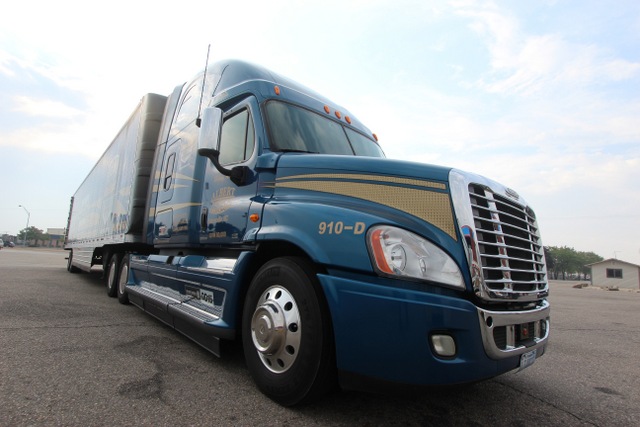 When making your tire selection, this process is much like deciding which shoes to put on for the day. The difference is you don’t change out your tires for each day’s activities.
When making your tire selection, this process is much like deciding which shoes to put on for the day. The difference is you don’t change out your tires for each day’s activities.
Your tires will generally last through all four seasons. This is a large purchase decision and you want to do your research. Prior to giving over a large sum of your hard earned money, you will want to go online and view all your options.
Each of the tire manufacturers offer very detailed information on their available tires as well  as their intended purpose. Also offered are many different calculators for the Life cycle cost and/or fuel costs associated with any given tire.
as their intended purpose. Also offered are many different calculators for the Life cycle cost and/or fuel costs associated with any given tire.
Most tire companies will have a breakdown of their steer, drive and trailer tires into 4 main categories. (Line haul highway, regional, on/off road and urban.)
If your operation requires off road duties, Such as a logger or dump truck business, your priorities lean towards traction vs. tread wear and fuel mileage. It doesn’t matter how well a tread wears or how well the tire does on fuel if you’re stuck before you even get onto the road.
If your operation has its highest percentage of urban running, you’ll want to select tires with side wall protection and tread compounds designed for resistance to high scrub conditions.
Regional tires mix some of the features of both the line haul highway and the urban tire. If you have a blended operation with a higher percentage of urban hauling, this tire would be a good choice.
good choice.
My business is mostly a line haul operation. Therefore, I’m generally searching for the following criteria: Low rolling resistance for fuel efficiency and resistance to irregular tread wear.
Keep in mind when shopping at your local tire distributor, your  there to get the best tire for your type of business. “Not the special of the week.”
there to get the best tire for your type of business. “Not the special of the week.”
You wouldn’t want to show up to run a marathon in hiking boots, nor would you want to climb a mountain in running shoes.
Henry
Picking the right tire is much more than a styling statement
